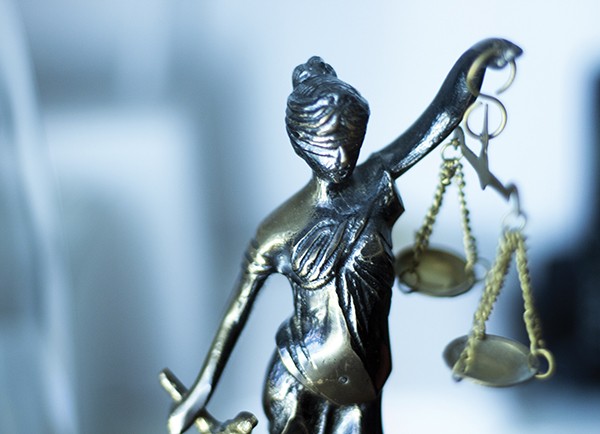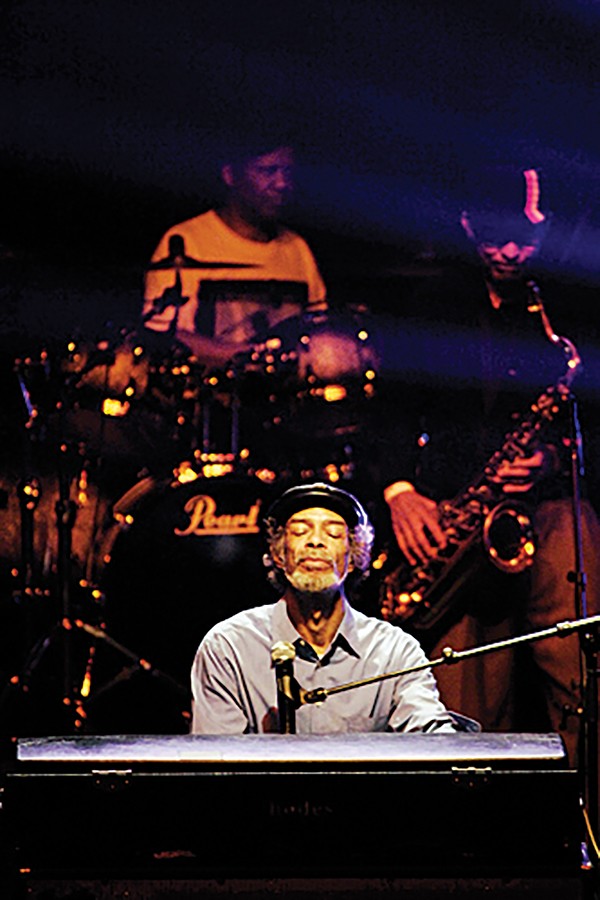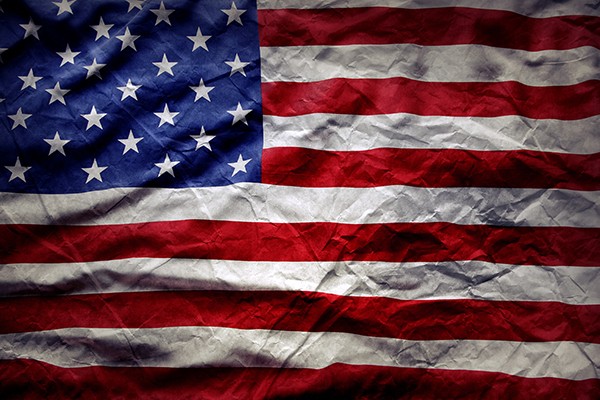I’m going to take the long way around to my point here, so please bear with me:
When I was younger, my parents were really, really hard on me.
Find any black person of an age with me, they’ll tell you the same thing. Their parents valued excellence in everything they did. They were held to a high standard for academic and social performance, and if they did not achieve like their parents knew they needed to achieve, they would face consequences.
The reasoning for this was simple enough: The world that their children were about to enter would be hypercritical, emotionally violent, and unforgiving. Their work, effort, and labor would be undervalued and dismissed. In the worst-case scenario, they would end up a victim of violence with no real chance at justice.
 Edward Olive | Dreamstime
Edward Olive | Dreamstime
Most folks know this as the whole “twice as good” mantra that was once standard kitchen table conversation between black parents and their children and that has now become part of public empathizing in the wake of the police state’s brutalization of black children and communities.
I had no excuses. I showed my hand early by excelling academically and following the rules laid down by power structures, which my parents appreciated but did not accept as my best. Of course, I could do better, they reasoned, because only an unrealistic standard of perfection would keep me from being lynched, tear-gassed, executed, or put in jail. So they pushed me further, harder, with methods that would seem inhumane to outsiders not familiar with the intricacies of black parenting and the nuanced position that comes with being responsible for a black child whose life holds so little value to the rest of the world.
I am not making excuses for my parents or for any other black parents out there. Many of our parents’ strategies for keeping us safe traumatized us, created deep insecurities in us, and made us mentally unhealthy in ways that we are still trying to unravel. But for so many of us, this was how they ensured that they loved us and that they wanted us to be safe. And those of us who are able to appreciate our parents’ efforts do so, because we realize on an existential level that these structures we live in are designed to disenfranchise and destroy us and that our parents were using the resources and methods they had available to save our souls.
Like I said, I’m taking the long way around to my point, but I’m getting there.
Our country, and yes, our city is at a tipping point. Nationally, the publicizing of the grand racist political experiment has been a success. Racists and Nazis feel emboldened to demonstrate their commitment to ethno-nationalism and genocide on a massive level, and the recently woke resistance isn’t always the best breakwater in which to stand in the face of this fundamental, sweeping tide of hatred. We’re creeping up on the 50th anniversary of Martin Luther King Jr.’s assassination, a big black mark on our city’s legacy, and our city seems content to continue devoting more of our community resources to those groups that we consider inherently more deserving of our political goodwill and policy assistance, widening the gaps in achievement and possibility for disenfranchised Memphians.
I am often accused of being overly critical of our city, of the systems at play here, of the political and economic actors who traffic in discrimination and marginalization in order to pad their pockets and secure their power. But my criticism comes from love for this city that has nurtured me and allowed me to create myself within its bounds. I am talking of the Agape love that Dr. King himself envisioned and championed for deep and lasting community change. This is the kind of love that allows us to look honestly at our community and recognize how it fails at being equitable and democratic. To people who benefit from these deep divisions, this push for love-based systemization of equity is threatening, feels discriminatory. But that’s how we know that our cause is the right one. If people who traditionally hold power are comfortable with our opposing actions, we need to rethink our strategy.
Our community is at a crux. The forces of hatred are emboldened. Public interest and development are in the hands of people who do not always have the community’s day-to-day concerns at heart. Disenfranchised and marginalized Memphians are yet crying out for justice and are showing a dedication to achieving it by any means necessary. This is not the time for half-measures, nor half-stepping. This is the time for our community and our leaders to be revolutionary in their policies, actions, and thoughts. This is the time to make existing power structures and the people that benefit from them quiver in their boots. Our city and this country are poised for dramatic change, and it will be the people themselves who determine our direction. We must be hard on ourselves, on our leaders, and exacting in our vision of justice if we want to prevent our communities from being hollowed out by the parties of hatred.
Troy L. Wiggins is a Memphis writer whose work has appeared in the Memphis Noir anthology, Make Memphis, and The Memphis Flyer.

 Mike Blake | Reuters
Mike Blake | Reuters  Justin Fox Burks
Justin Fox Burks 
 Creative Commons | Adam Turner
Creative Commons | Adam Turner 


